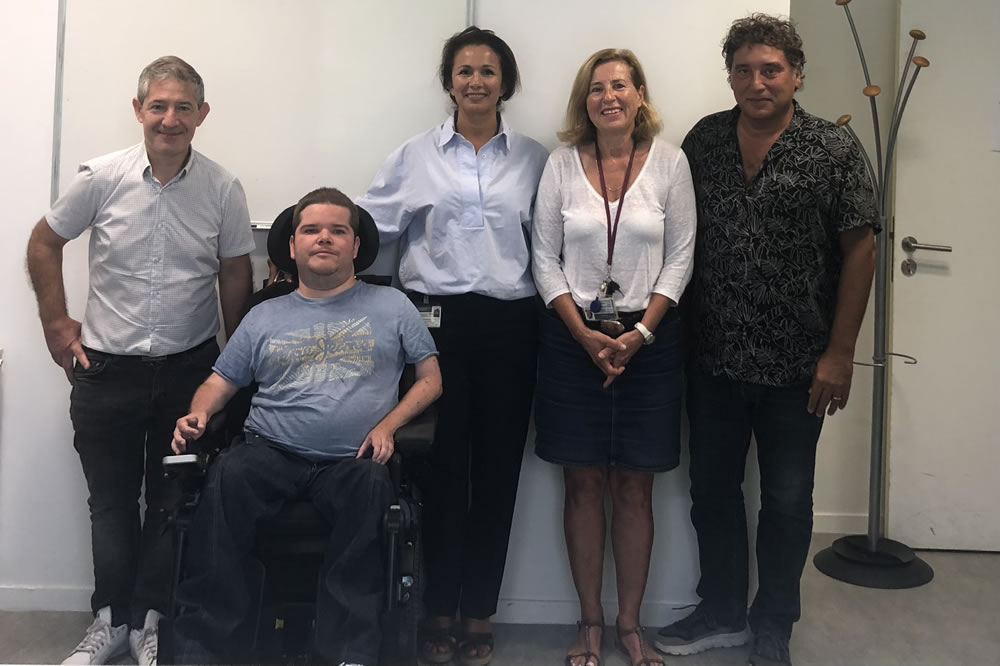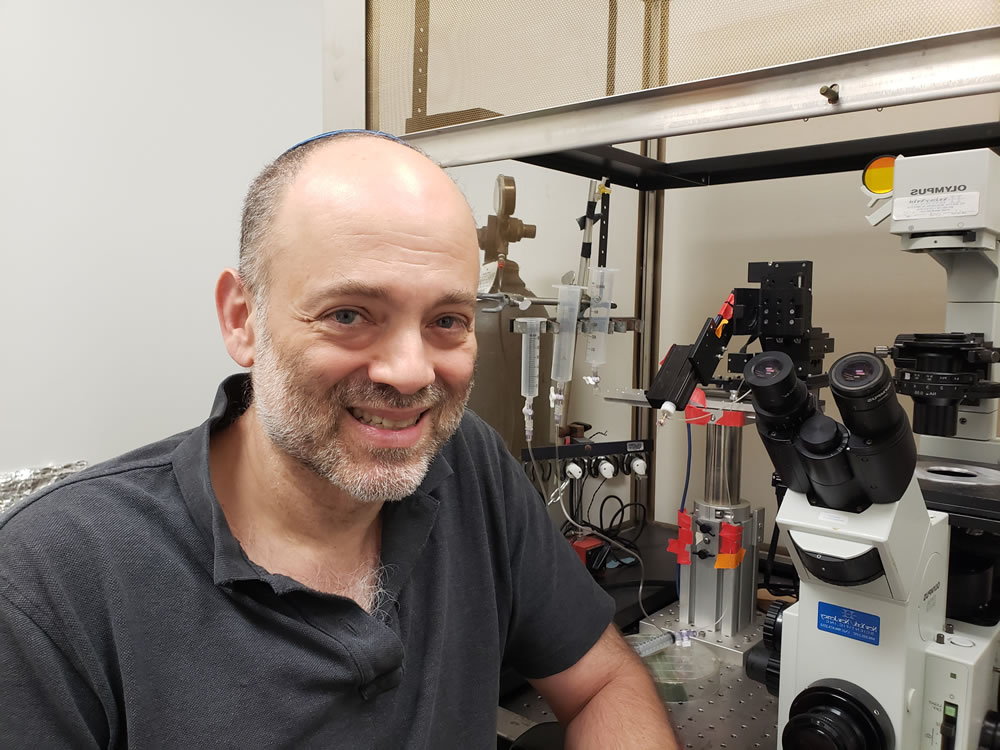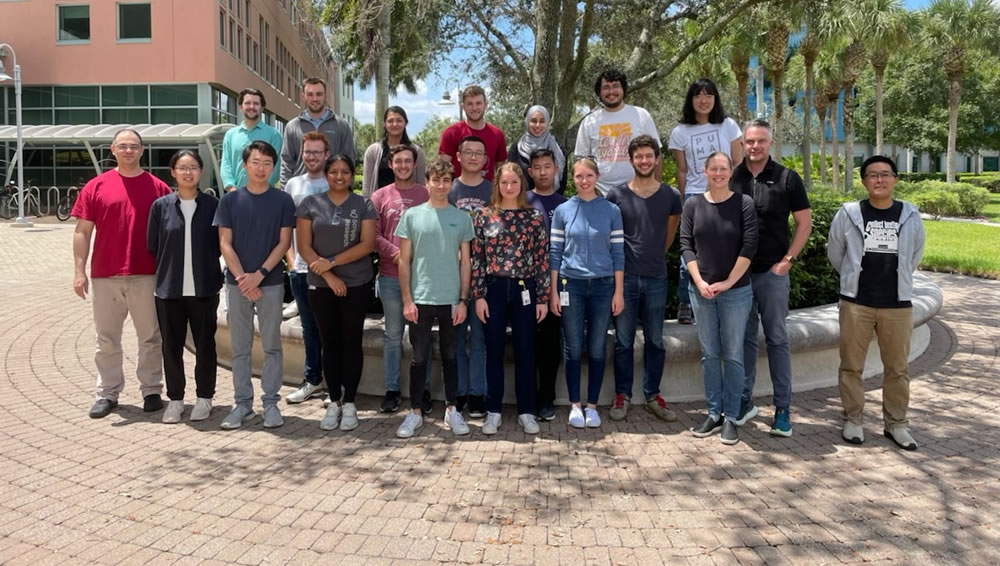MDA Resource Center: We’re Here For You
Our trained specialists are here to provide one-on-one support for every part of your journey. Send a message below or call us at 1-833-ASK-MDA1 (1-833-275-6321). If you live outside the U.S., we may be able to connect you to muscular dystrophy groups in your area, but MDA programs are only available in the U.S.
Molecular characterization of hippocampal neurons in Duchenne Muscular Dystrophy

Duchenne Muscular Dystrophy (DMD) is more than just a muscle disease. Boys with DMD have a distinct cognitive profile including lower intelligence quotient, executive function problems, working memory deficits, communication and language difficulties. Second to the muscle, the highest expression of dystrophin protein is in the central nervous system underscoring the importance of dystrophin in neuronal and glial function. To more deeply understand the role of dystrophin in hippocampal neurons, it is imperative to delve deeply into the molecular mechanisms that go awry. Towards this goal, we will use the preclinical mouse model of DMD, the mdx52 mouse, and a cutting-edge technique -- single nuclei RNA sequencing -- to specify the neuronal transcriptome. This knowledge has two immediate outcomes. First, we will have a detailed account of neuronal transcriptome. Second, using this knowledge, we would be able to identify what genetic pathways are abnormal so we can design mechanistically-driven therapeutic agents. This MDA Idea Development Award will offset cost for the single nuclei RNA sequencing.
https://doi.org/10.55762/pc.gr.157053
Grantee: Mathula Thangarajh, PhD
Grant type: Idea Award
Award total: $50,000
Institution: Virginia Commonwealth University
Country: Virginia, United States























